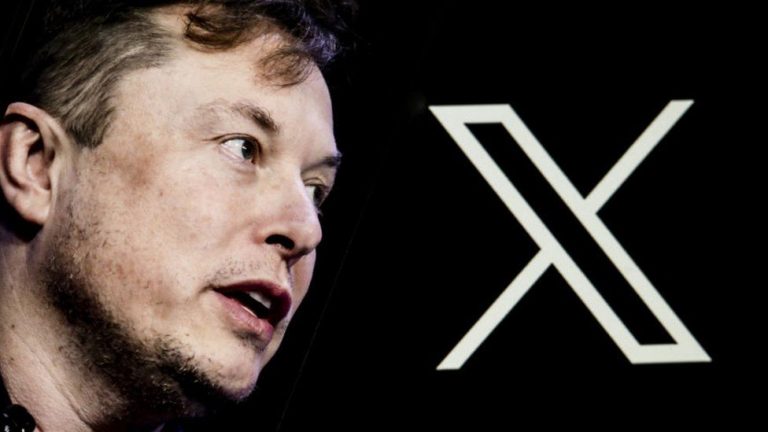
In the ever-evolving landscape of social media, X (formerly Twitter) has emerged as a pivotal platform in shaping public discourse. The concept of X as the “town square” of global conversation is not just a metaphorical stretch but a reflection of its integral role in modern communication. This notion has been reinforced by its owner Elon Musk, who have described Twitter now X as “the digital town square where matters vital to the future of humanity are debated”.
The idea of the digital town square harks back to the traditional public sphere, a place where citizens gather to discuss and deliberate on public matters. X, with its open forum for dialogue, has indeed taken on this role, albeit in a digital format. It’s a space where journalists, academics, and the public converge to share information, coordinate during emergencies, and engage in community building.
However, the ownership and control of such a platform raise critical questions about free speech and democracy. The acquisition of X by billionaires prompts a debate on whether a privately owned platform can truly serve as a public square. This concern is amplified by the fact that Twitter, while being a hub for information sharing, has also been a center for online vitriol, harassment, and misinformation.
Register for Tekedia Mini-MBA edition 19 (Feb 9 – May 2, 2026): big discounts for early bird.
Tekedia AI in Business Masterclass opens registrations.
Join Tekedia Capital Syndicate and co-invest in great global startups.
Register for Tekedia AI Lab: From Technical Design to Deployment (next edition begins Jan 24 2026).
Despite these challenges X potential to act as a digital agora remains significant. It’s a unique confluence of personal media use with public debate, where diverse voices can potentially be heard. The platform’s role in society is disproportionate to its size, considering its impact on journalism, academia, and global events.
One of the primary challenges of X is content moderation. Balancing free speech with the need to limit hate speech and misinformation is a delicate act. X‘s approach to moderation has been scrutinized, with some users calling for more stringent measures against toxic behavior, while others advocate for less censorship to uphold free speech.
Another issue is the platform’s reach and user engagement. Despite its influence, Twitter is used by a relatively small percentage of the population compared to other social media platforms. This limited reach means that while X can be a starting point for important conversations and movements, it may not reflect the broader public opinion.
The ownership and governance of X also pose challenges. As a privately owned platform, decisions about content and user bans can significantly impact the nature of discourse. This raises questions about the platform’s ability to serve as a neutral ground for public conversation.
Moreover, the return of users previously banned for toxic speech, following the firing of content moderators, has sparked concerns about the platform’s capacity to support productive civic discourse.
Lastly, user behavior on X reveals that most are passive consumers rather than active participants in the town square, with a small percentage of users responsible for the majority of tweets. This dynamic suggests that the platform may not be as inclusive or representative as a true public square should be.
X‘s aspiration to be the digital town square is challenged by issues of moderation, reach, ownership, and user engagement. How the platform navigates these challenges will determine its future as a space for public discourse and democratic engagement.
As X continues to evolve, with new features like the proposed ‘video town square’, it’s clear that the platform is striving to enhance its capability as a space for open dialogue. The question remains, however, on how it will balance the ideals of free speech with the realities of moderation and governance.
X’s status as the town square of world conversation is a testament to its influence on the digital age. It’s a singular space where the global village converges, reflecting the complexities of public discourse in the 21st century. As we move forward, the stewardship of this digital town square will be crucial in determining its role in shaping the future of democratic engagement and global consciousness.



